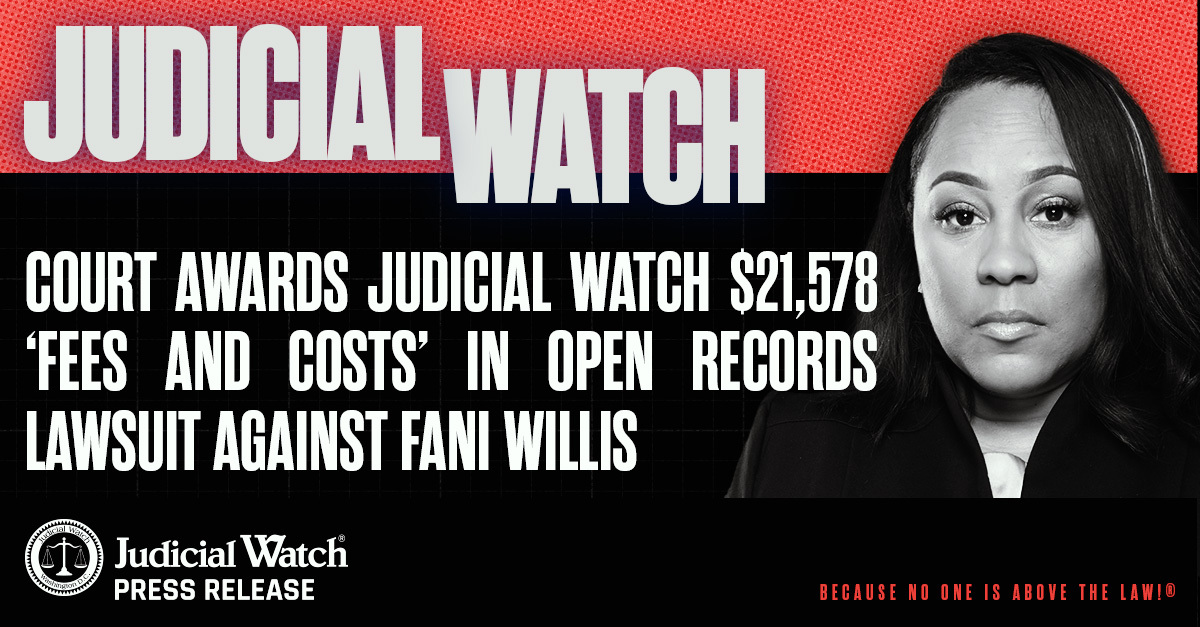

Court Decision Protects Corrupt Lawmakers
The investigation of a Montana senator is the latest casualty of a recent appellate court ruling that federal prosecutors say will prevent them from pursuing several public corruption cases, many involving politicians bribed by jailed lobbyist Jack Abramoff.
Former Republican Senator Conrad Burns was being investigated for abusing his position to push for a multi million-dollar federal grant for an Indian tribe client of Abramoff, one of the lawmaker’s biggest donors. But authorities abruptly ended the corruption probe a few days ago, saying that their hands are tied by the court’s ruling.
Handed down by the U.S. Court of Appeals for the District of Columbia Circuit, the August decision involves the bribery case of Louisiana Congressman William Jefferson but will have a devastating effect on future probes. The nine-term Democrat was caught on FBI surveillance tape accepting a $100,000 bribe, most of which was later found stashed in the freezer of his house.
With the authorization of a federal judge, authorities then searched Jefferson’s office and seized incriminating documents, records and computer files that implicated him in a massive bribery scandal involving a Nigerian telecommunications company seeking contracts.
Jefferson said the raid was unconstitutional because it trampled on congressional independence and violated the constitutionally established separation of powers between the executive, legislative and judicial branches of government. A three-judge panel of the U.S. Court of Appeals for the District of Columbia Circuit agreed with him, saying that the search violated the Constitution’s Speech or Debate Clause.
Judicial Watch filed an amicus curaie brief with the court, explaining that the Constitution’s Speech or Debate Clause, which protects members of Congress from "intimidation by the executive and accountability before a possible hostile judiciary," does not make the search of Jefferson’s office unconstitutional. The Speech or Debate Clause, the brief states, only protects members of Congress conducting legislative actions.
Prosecutors have asked the U.S. Supreme Court to reverse the ruling because investigations of corruption in the nation’s capitol and elsewhere will be seriously and perhaps even fatally stymied. They claim it casts doubt on searches and investigatory techniques deemed essential to ferreting out corruption and criminal by both members of Congress and persons who deal with them.
Among the ongoing corruption investigations that may soon come to a halt, are Abramhoff-related scandals involving California Republican Congressman John Doolittle, Florida Republican Congressman Tom Feeney and former House majority leader Tom DeLay, a Republican from Texas.















